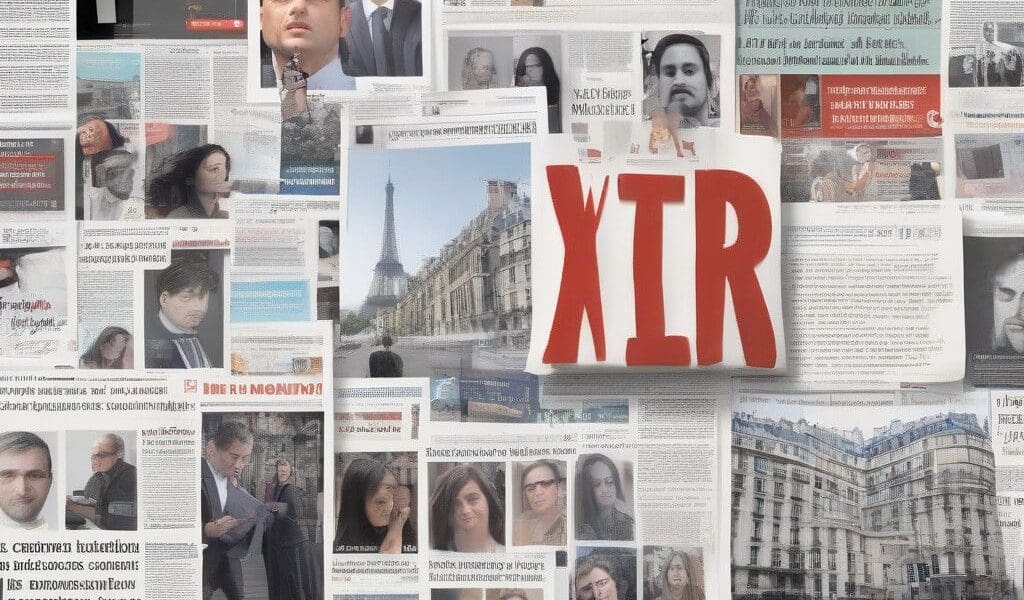French News Publishers Sue X Over Unpaid Content Rights
In a significant legal move, major French news publishers, including well-known names like Le Monde, Le Figaro, and Le Parisien, have initiated legal action against the social media platform X, formerly known as Twitter. The crux of the dispute revolves around allegations of unpaid content rights, stemming from claims that X has been distributing their material without proper compensation. Such actions are in apparent violation of French laws that require payments to news outlets when their content is used by digital platforms.
The publishers contend that the refusal of X to engage in negotiations stands in sharp contrast to the more collaborative approaches taken by other platforms like Google and Meta. Both companies have successfully reached agreements with various publishers regarding fair compensation for the use of their content. This situation leaves the French media industry frustrated, as they believe X is neglecting its obligations under the law. A crucial point in their argument is the Paris Court of Justice’s order from May, which demanded that X provide financial documents necessary to ascertain the amounts owed to the publishers. However, the platform has reportedly failed to comply with this directive.
In a collective statement, the French publishers articulated that the funds generated from such payments play a vital role in supporting media independence and quality. They further emphasized the significance of a robust media sector to safeguard freedom of expression and the public’s right to information. The stakes are high, as the ongoing legal battle could potentially reshape the future of digital content rights and the financial dynamics between media publishers and social media platforms.
A representative from the Paris court has confirmed that a hearing is scheduled for May 15, 2025, where both parties will have the opportunity to present their cases. At this time, X, owned by billionaire Elon Musk, has not issued any public comments regarding the ongoing legal challenge.
This lawsuit underscores the mounting tension between traditional media outlets and digital platforms. As the media landscape continually evolves, such conflicts are expected to become more common. With the rise of digital consumption, news publishers are increasingly asserting their rights in the face of social media giants, which they claim benefit from their content without fair compensation.
The implications of this case could be far-reaching, not only for the involved parties but for the industry as a whole. If the court rules in favor of the publishers, it could set a precedent that compels social media platforms to reevaluate their policies on content sharing and compensation. Moreover, it could serve as a catalyst for other media organizations globally to pursue similar actions, leading to a more equitable media landscape.
The legal framework governing intellectual property rights in the digital age is complex, and the outcome of this case may prompt a reexamination of existing laws. As more publishers express similar grievances, it could inspire a shift towards more structured agreements between media firms and social networks.
In conclusion, as the legal proceedings advance, all eyes will be on the engagement strategies of both the publishers and X. This case not only highlights the financial struggles of traditional media in the digital domain but also raises pivotal questions about the sustainability of journalism in an era dominated by tech giants.








